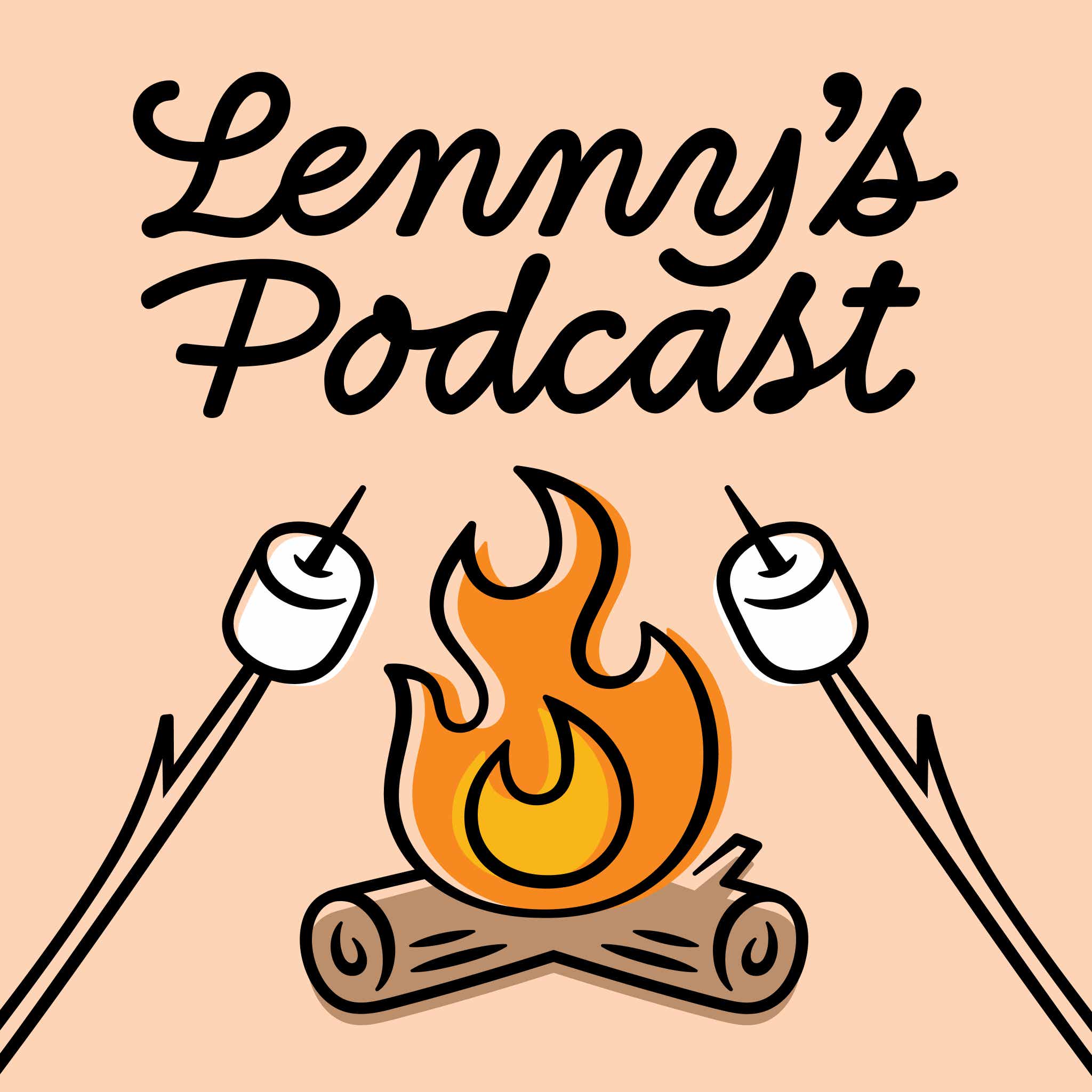
Be fundamentally different, not incrementally better | Jag Duggal (Nubank, Facebook, Google, Quantcast)
Lenny's Podcast: Product | Growth | Career
Episode Insights
See all- Nubank's strategy of being "fundamentally different" has positioned it as a disruptor in the banking industry, successfully challenging traditional banking models in Latin America through a branchless and smartphone-centric service.
- By focusing on creating fanatical customer love and emphasizing customer satisfaction, Nubank has achieved significant word-of-mouth growth, accounting for 80% to 90% of its expansion.
- The Sean Ellis score, a metric that measures how disappointed customers would be if a product were discontinued, serves as a key indicator of product-market fit and guides Nubank's decisions on when to scale a product.
- Direct customer feedback is a cornerstone of Nubank’s product development, enabling rapid iteration and enhancements based on actual customer experiences and needs.
- Nubank’s culture empowers teams to take full ownership and responsibly push back against decisions, fostering an environment of transparency and critical feedback aimed at improving products.
- The company employs a disciplined approach to scaling, waiting until a product meets a high threshold of customer approval, as measured by the Sean Ellis score, before expanding.
- Jag Duggal's career decisions were influenced by his desire to be involved in fundamentally different opportunities, which led him to take bold risks such as joining Nubank when it was a lesser-known entity.
- Leveraging user research and starting with a clear hypothesis are crucial for Nubank in obtaining actionable insights that lead to product development and strategy refinement.
- Nubank's approach to expanding into various financial services aligns with their vision of holistic banking, leveraging technology and AI to offer personalized financial management for all stages of a customer's life.
- The personal anecdote about smuggling mangoes provides a lighthearted glimpse into the cultural significances influencing human behavior, as well as the unforeseen consequences of seemingly minor actions in the context of global regulations.